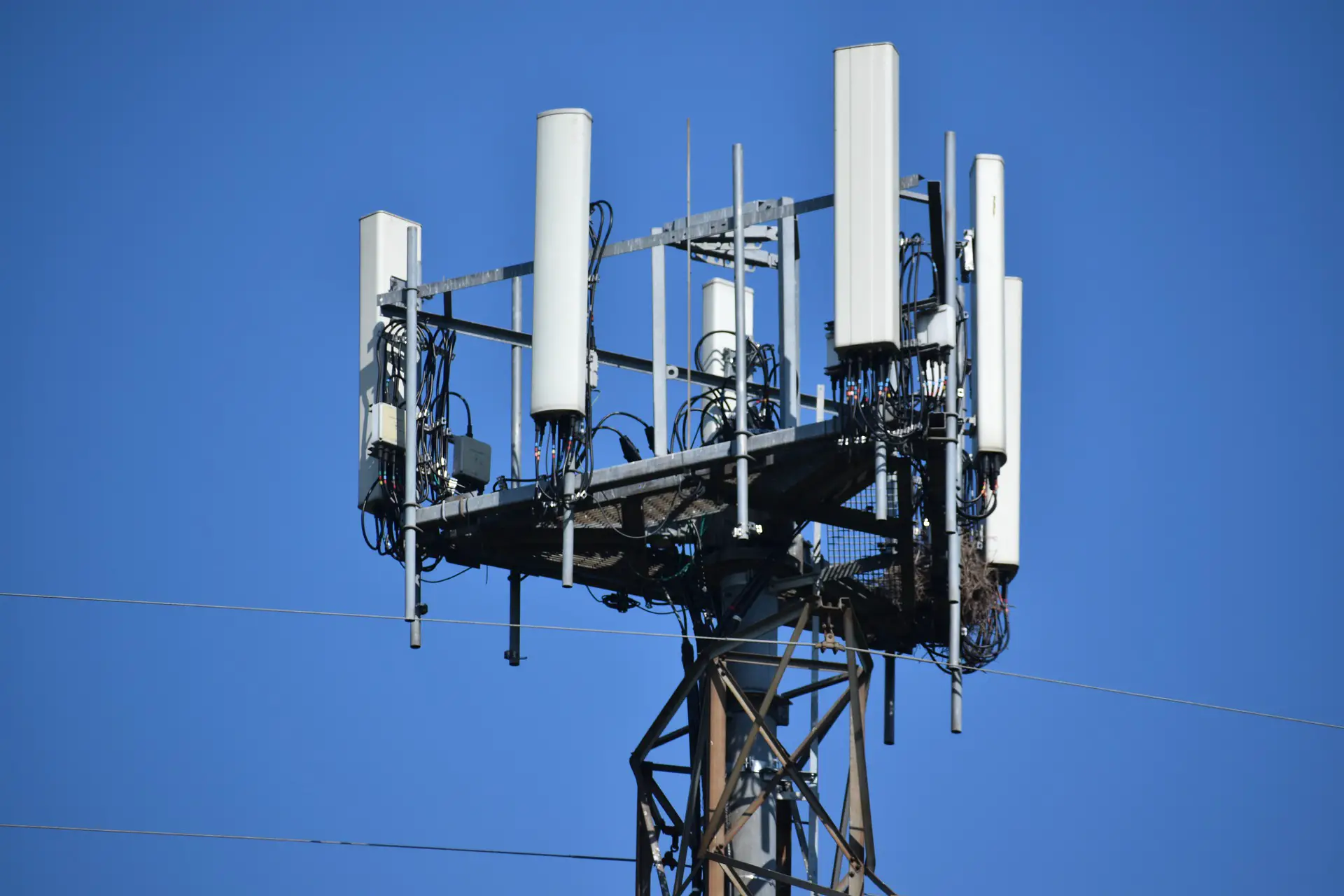Verizon chooses Unity as Verizon’s partner for 3D enterprise applications and games. The company’s 5G network requires highly responsive 3D content to stimulate demand, and Unity’s 3D engine will help expedite the process of building that content.
Both the companies will collaborate to develop new enterprise applications and entertainment-ready 3D tools which can leverage both MEC (mobile edge compute) and 5G, allowing Unity to become the solution of choice for businesses with mixed reality ambitions, including gaming, sports, retail, and other businesses trying to undergo digital transformation.
Under the partnership agreement, Unity’s 3D content development platform will get toolkits to leverage Verizon’s 5G MEC services. It will help with offering seamless and fast 3D apps for wireless devices. MEC allow developers to place decisive computing resources at the boundaries of a network which are close to users. This process improves responsiveness for the increasing number of apps requiring multiple updates each second such as AR experiences, remote manufacturing, and 3D maps.
While developers at Unity can develop 3D objects and experiences, understanding the user’s specific viewing location and perspective will allow a large amount of additional data to be collected and served at all times. It will create experiences that will be more realistic.
Unity distinctly competes with a mixture of smaller 3D engines and one important player, Unreal Engine from Epic, which has cross-over likewise from gaming to other industries. Developers have used both engines to create realistic 3D visualizations that Unity says can be utilized for everything from educational augmented reality applications to simulations.
Follow us on LinkedIn
Read other Articles





